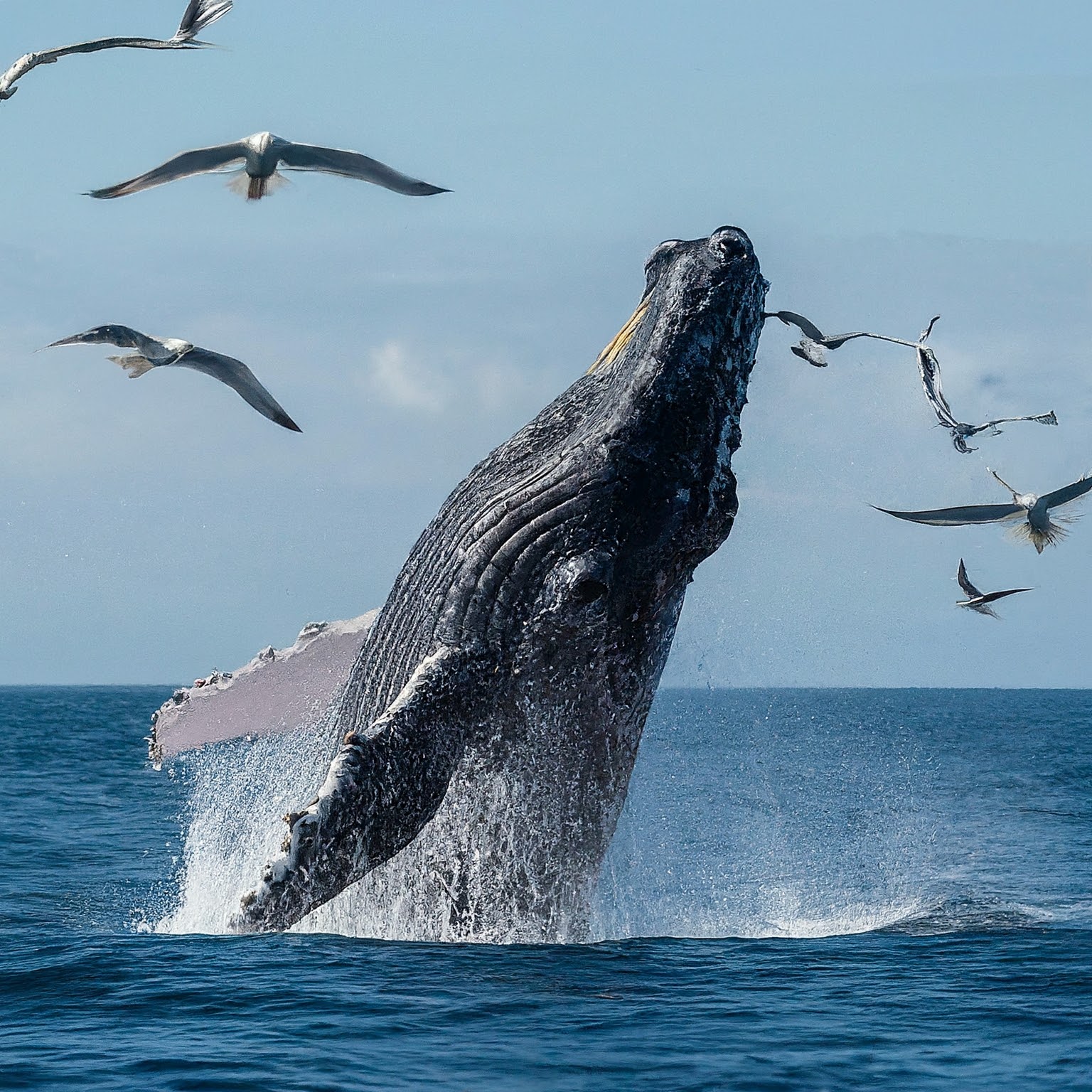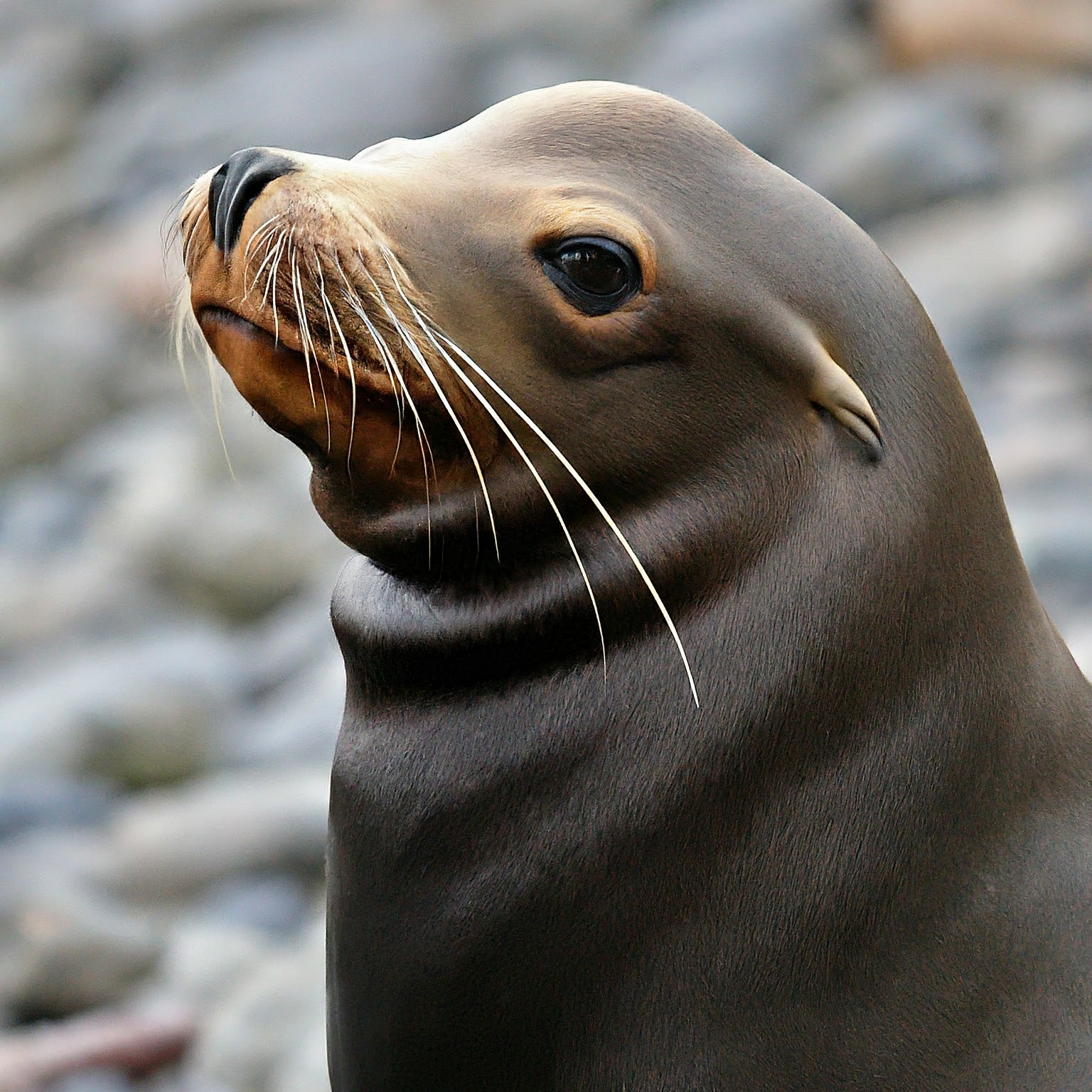- 5 June 2024
- 25
Ocean Outbreak: Can Sea Mammals Spread Bird Flu?

Meet Dr. Erin Moore
Dr. Erin Moore is a renowned marine veterinarian with over 15 years of experience studying wildlife health. Passionate about ocean conservation, she frequently translates complex scientific discoveries into easily understood information for the public.
Can Seals and Dolphins Get Bird Flu?
The recent outbreak of highly pathogenic avian influenza (HPAI), commonly known as bird flu, has caused significant concern. While poultry farms have borne the brunt of the impact, a new development has scientists raising their eyebrows: marine mammals are testing positive for the virus.
How is Bird Flu Affecting Marine Life?
Recent research suggests that the HPAI strain is adapting to spread among marine mammals, particularly seals and sea lions. This raises two critical questions:
- How are marine mammals getting infected? The current theory suggests they are contracting the virus through contact with infected birds or contaminated environments.
- Can marine mammals spread the virus to other animals, including humans? The answer is still unclear. While human infection from HPAI is rare, the ability of the virus to adapt to new hosts raises concerns.

Understanding the Risks: A Look at Transmission
The following table provides a simplified overview of how bird flu is transmitted between different species:
| Species | Transmission Methods | Risk of Spreading to Humans |
|---|---|---|
| Birds | Direct contact with infected birds or contaminated environments | Low (proper handling of poultry is crucial) |
| Marine Mammals | Direct contact with infected birds, contaminated water, or other infected marine mammals | Unknown (ongoing research) |
| Humans | Primarily through close contact with infected birds or mammals (rare) | Varies depending on the specific strain |
Important Note: This table is for general informational purposes only. Always consult with health professionals for the latest advice on bird flu transmission.
What Can We Do?
While the situation is evolving, here are some key takeaways:
- Stay informed: Follow updates from reliable sources like the World Organisation for Animal Health (WOAH) and the Centers for Disease Control and Prevention (CDC).
- Practice good hygiene: Wash your hands thoroughly with soap and water after interacting with animals, even healthy ones.
- Avoid contact with sick animals: If you encounter a sick or injured marine mammal, do not approach it. Report the sighting to wildlife authorities.
- Support wildlife conservation efforts: Healthy ecosystems are more resilient to disease outbreaks.
A Final Word: Working Together for a Healthy Ocean
The recent spread of bird flu to marine mammals highlights the interconnectedness of our planet’s ecosystems. By staying informed, practicing responsible behavior, and supporting conservation efforts, we can all play a role in protecting the health of our oceans and its inhabitants.
Empowering you with knowledge is Dr. Moore’s mission. If you have any questions or concerns, feel free to leave a comment below!

